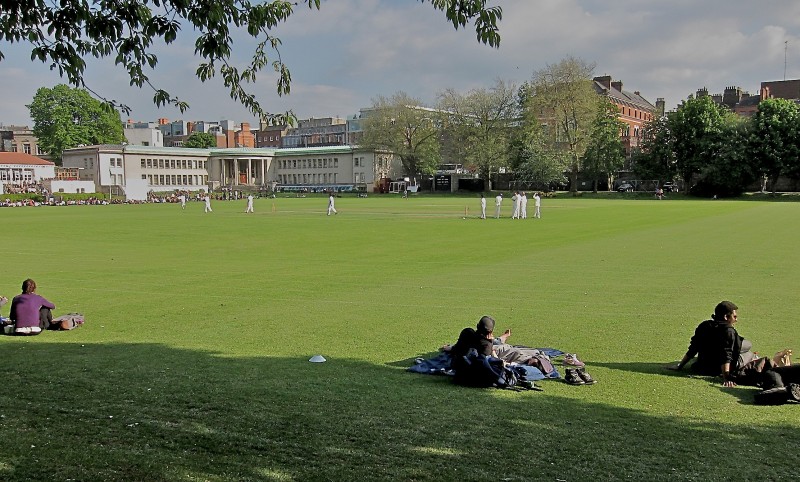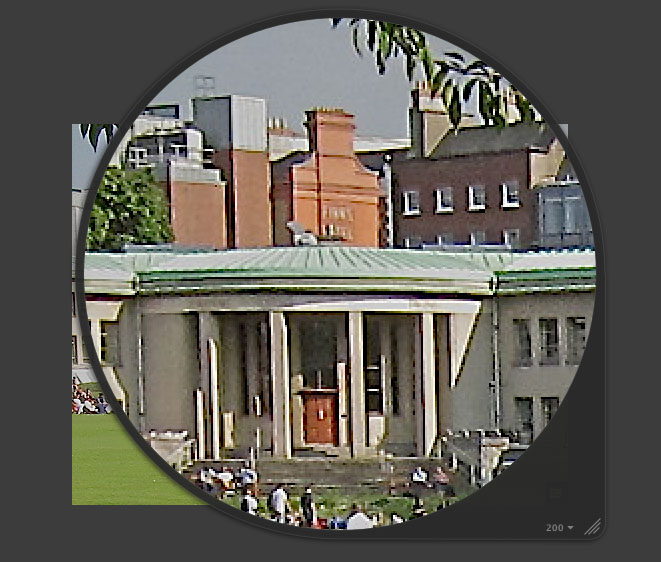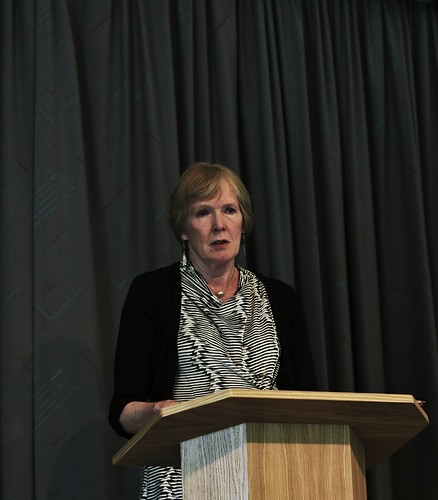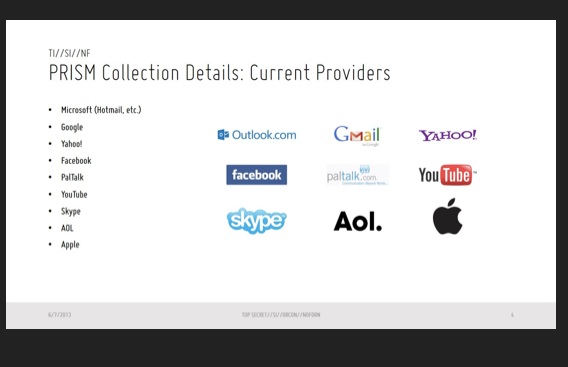We were in Dublin a couple of weeks ago and on a glorious summer’s evening found ourselves in Trinity College, watching a desultory cricket match. Suddenly I noticed that the (redbrick) building that used to be Finn’s Hotel was visible in the background, and I was delighted to see that the sign painted on the gable end has survived. I didn’t have a zoom lens, so the enlargement of that part of the image will have to do.
Joyce fans will not need reminding that Nora Barnacle worked as a chambermaid in Finn’s, and the first time James laid eyes on her was when he was walking down Nassau Street and saw her emerging from the premises. On the evening of June 16, 1904, he picked her up from the hotel and they walked southwards together for what was to become the defining moment of his life. The rest, as they say, is history. And we celebrate the results of it today.






